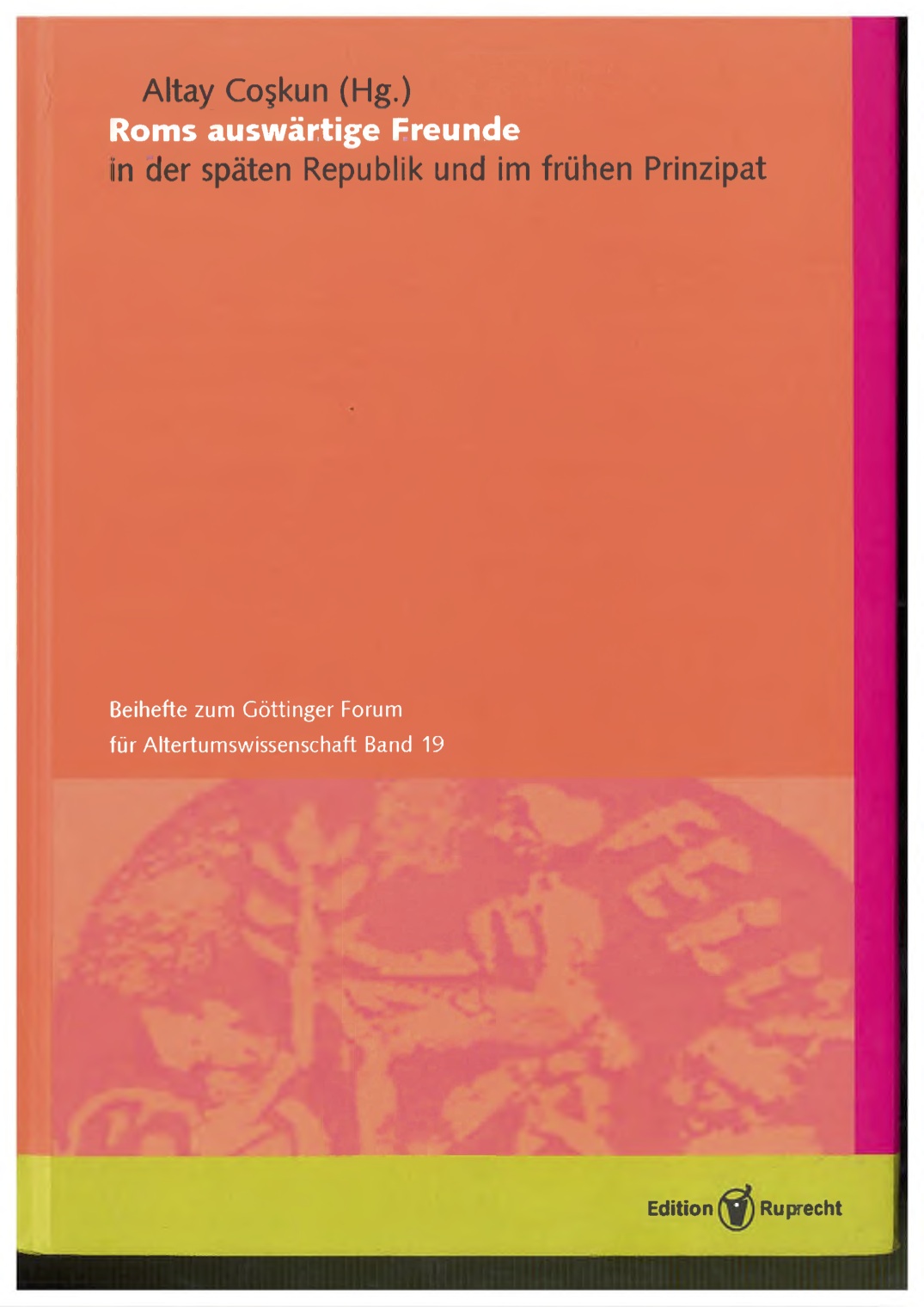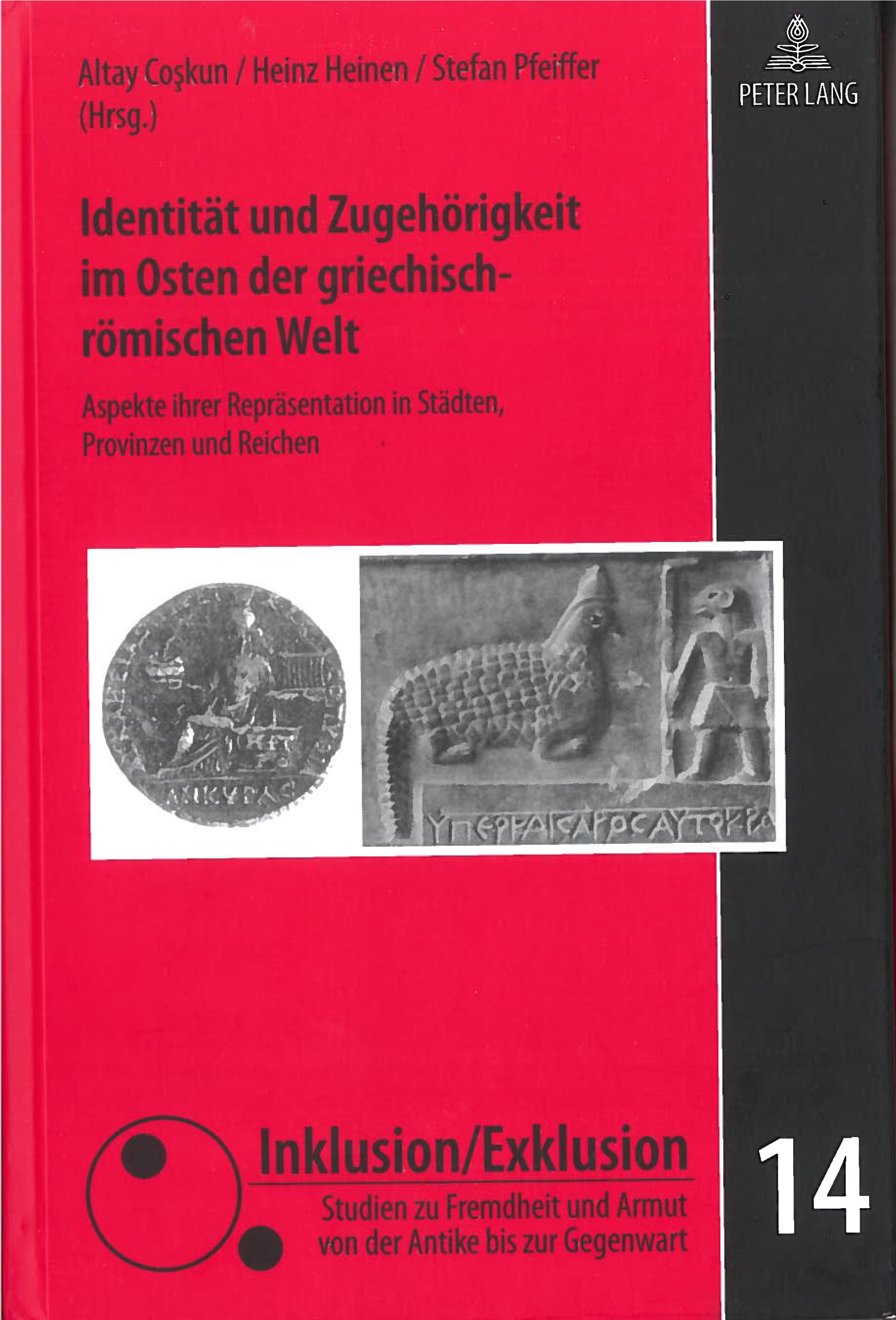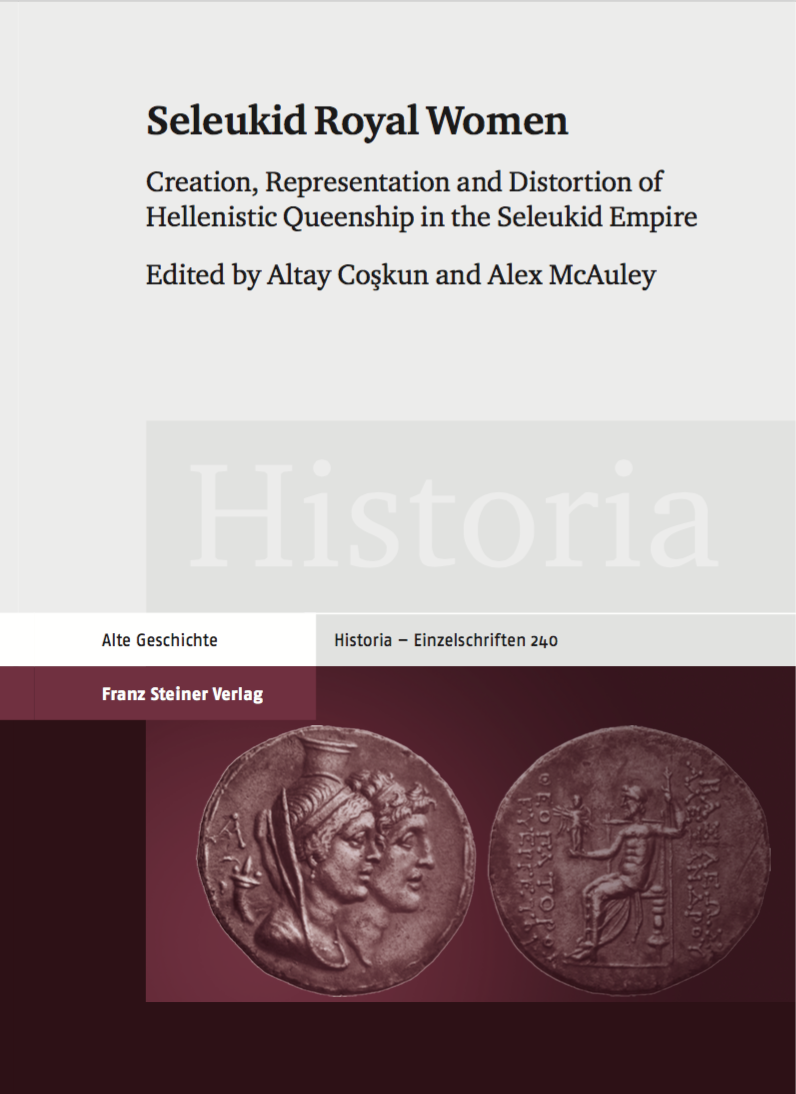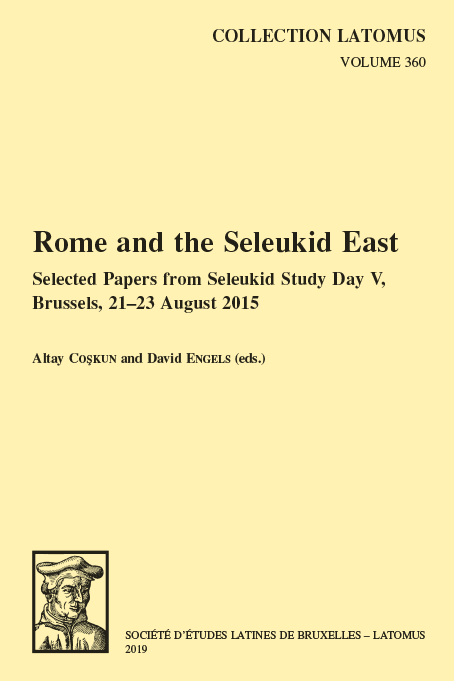


Abstract (German)
Der Band bietet Überblick über die Rechtsstellung von Fremdgruppen in Herrschaftsverbänden und Gesellschaftsordnungen der mediterran-europäischen Welt. Dargestellt werden die rechtlichen und politischen Regelungen von Teilhabe und Ausschluss Fremder von der Antike bis zur Gegenwart. Besondere Beachtung finden die Einflüsse, welche religiöse Vorstellungen, demographische Umstände und die Semantiken von Fremdheit auf die Gleichstellung bzw. Andersbehandlung Fremder seit der Antike hatten. Geographisch legt das Handbuch einen Schwerpunkt auf den Mittelmeerraum ( von der Antike bis zum Islam) sowie das westliche und mittlere Europa. Zeitlich spannen die Beiträge einen weiten Bogen vom Alten Ägypten bis zur Gegenwart. Das Handbuch ist gemeinsam von einem Autorenteam aus Historikerinnen und Historikern der unterschiedlichsten Epochen unter Beteiligung von beratenden Experten aus den Religions-, Politik- und Sozialwissenschaften im Rahmen des Trierer SFB 600 “Fremdheit und Armut” erarbeitet worden.

Abstract (German)
Während die moderne Literatur die Integrationsfähigkeit der Römer zu loben pflegt, ist der Quellenbefund widersprüchlich: Antike Zeitgenossen wie Philipp V. von Makedonien oder Aelius Aristides preisen zwar die Offenheit des populus Romanus, doch finden sich zahlreiche Belege für die Vorenthaltung politischer Rechte gegenüber Neubürgern, für Massenausweisungen von Immigranten aus Rom und überhaupt für hohe Hürden beim Erwerb der civitas Romana. Angemessen verstehen läßt sich die römische Bürgerrechtspolitik nur im Kontext der demographischen Entwicklung Italiens und der imperialen Politik der Römer. Überdies basieren viele scheinbare Unstimmigkeiten auf modernen Mißverständnissen: Denn nicht wenige Grundannahmen zum hohen Wert des römischen Bürgerrechts oder zur Zwangsläufigkeit der italischen Einigung sind im Jahrhundert der Nationalstaatenbildung geprägt worden. Exemplarisch herausgegriffen wird die Annahme der rechtlichen Privilegierung der Latiner aufgrund ihrer Stammesgemeinschaft mit den Römern, speziell ihr angebliches Recht auf Einbürgerung allein durch ihren Umzug nach Rom: Dieses sog. ius migrandi wird als moderner Mythos entlarvt. Im Umgang mit den Latinern bewiesen die Römer ebenso wie gegenüber den Eliten der Reichsstädte, den ehrenhaft entlassenen Veteranen und den ehemaligen Sklaven, daß sie Fremde gemäß ihrem Nutzen für die Bürgergemeinde ganz oder partiell inkludierten oder aber von ihrer Gemeinschaft ausschlossen. Damit ist nicht zuletzt auch ein wesentlicher Faktor für die viele Jahrhunderte anhaltende Stabilität des Imperium Romanum bestimmt.

Abstract (German)
Auf dem Hintergrund des spätantiken Bildungs- und Verwaltungssystems werden Ausonius’ akademische und politische Karriere nachgezeichnet (ca. 311-94). Besondere Aufmerksamkeit findet die versöhnende Gesellschafts- und Religionspolitik, die der Professor von Bordeaux und Erzieher des Kaisers Gratian am Trierer Hof verfolgte. Die einzigartige Quellenlage erlaubt zudem, seine Familiengeschichte vom 3. bis ins 6. Jh. zu skizzieren: Ausonius’ Aufstieg ist das Ergebnis der Bildungsbestrebungen und Heiratspolitik mehrer Generationen ebenso wie der Erfolg des Consuls von 379 die bleibende Zugehörigkeit seiner Nachkommen zur Reichsaristokratie begründete; umfangreiche Zeugnisse liegen vor allem für seinen Sohn Hesperius, seine Schwiegersöhne Euromius und Thalassius, seinen Neffen Arborius sowie seinen Enkel Paulinus von Pella vor.
Abstract (English)
This book investigates Ausonius' academic and political career against the background of Late Roman education and administration. Shaped to a significant extent by the ideas of the scholar from Bordeaux, Emperor Gratian's domestic policy is studied in detail, as is Ausonius' peculiar reconciliation of conflicting positions on Christian devotion, individual piety, and religious tolerance. Attention is also devoted to Ausonius' family: ancestors, contemporaries, descendants. Those who achieved senior posts under the Roman emperors include his son Hesperius, his sons-in-law Euromius and Thalassius, and his nephew Arborius. His grandson Paulinus of Pella is well attested, and onomastic inferences allow genealogical research to extend down to the mid-sixth century.

Abstract (English)
This volume collects 28 papers authored by leading experts from nine European countries, Turkey, the US, and Canada. Multiple aspects of interconnectivity between cities and regions of the Black Sea and the Mediterranean in antiquity are studied, such as political and economic networks or local responses to major cultural or religious trends. All of the investigations present problems at the current state of research under close consideration of a wide range of primary evidence, some of which has come to light only recently. Several contributions deal with geopolitical implications, others focus on economic connections of the Black Sea area and its integration into commercial networks, and a third group assembles contributions that are dedicated to the mobility of persons, artworks or cultural concepts. This book is intended to serve not only as a reference work for the ancient Black Sea area and its adjacent territories, but also as a stepping stone for further research on the topic and as encouragement for constructive dialogues between scholars from West and East.





The study of royal women has been one of the most dynamic fields of inquiry into the Hellenistic world (ca. 336–30 BC) and has dramatically shifted our perceptions of gender, status, and influence in the ancient world. Amid numerous works on the Ptolemies, Antigonids, and Argeads, this volume is the first to examine the roles and representations of the women of the Seleukid dynasty and its clients. These royal women were born or married into a dynasty that ruled an empire spanning dozens of cultures and languages, encompassing territory from western Asia Minor to modern-day Afghanistan. As representatives of their family’s prestige, they were highly influential in shaping the culture and legacy of this Empire that spanned East and West. The contributions of this volume offer a systematic scrutiny of the representation of female Seleukids in visual and textual media. Avoiding Eurocentric perspectives in favour of embracing the diversity of the Empire, these scholars examine the interaction of Seleukid women with royal traditions ranging from Persia, Bactria, and Judaea to their Hellenistic contemporaries. The result is a landmark achievement in the study of ancient women.













